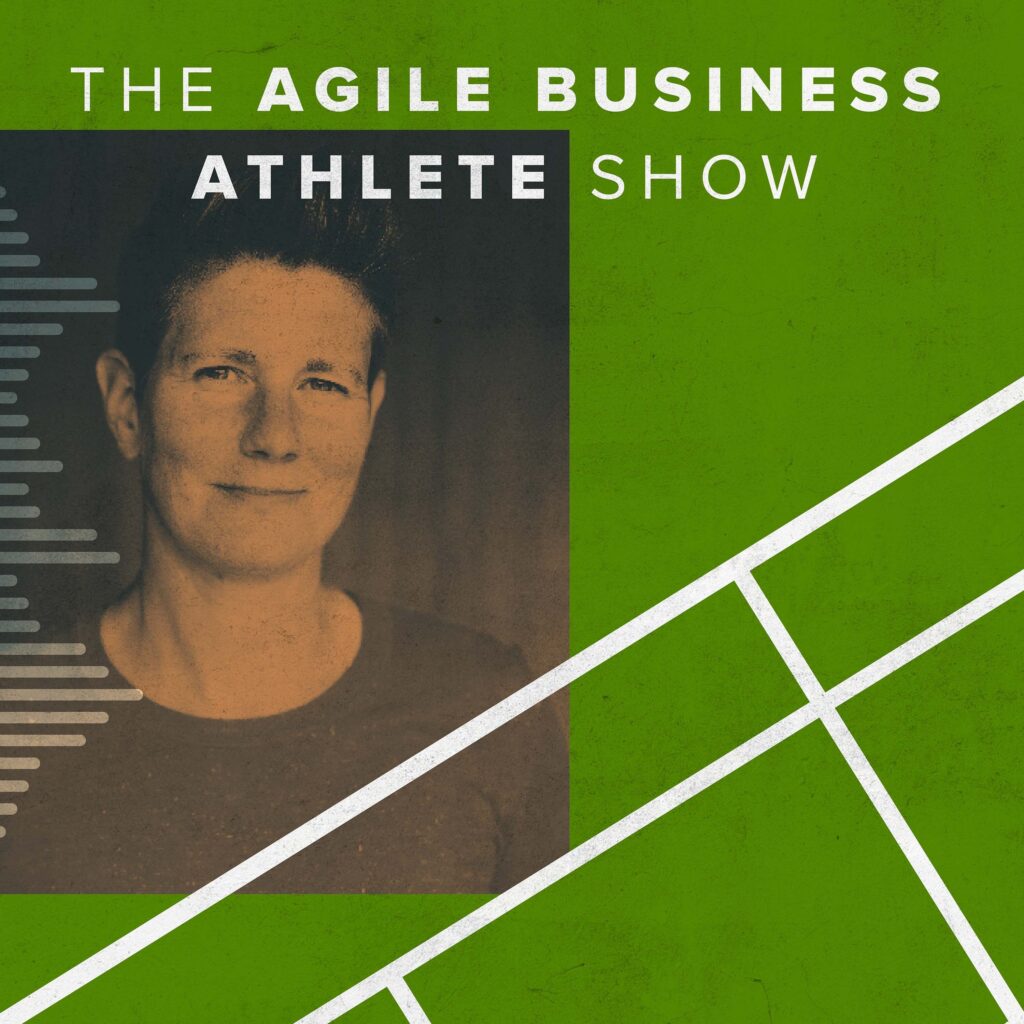Podcast: Play in new window | Download
In this episode we’re talking about the importance of rest with Alex Soojung-Kim Pang. Alex is a Silicon Valley consultant and the author of three books: Shorter, Rest, and The Distraction Addiction.
Topics Discussed In This Episode:
What Alex has been studying recently and what he’s discovered.
What Alex thinks about the four-day work week.
Various ways to recover throughout the day and week.
The benefits of making time for your mind to wander.
An example of a company that thoughtfully structures the day and why they do it.
How structure and planning in the workplace can be used for productivity.
The difference between rest and recovery according to Alex.
How to encourage our minds to do subconscious creative thinking.
What the default mode network is and how it works.
Why Alex says all work is creative work.
What the science supports in terms of break duration.
Why intensity is key to productivity, not duration.
The centrepiece of Alex’s daily productivity and how he manages his schedule.
How Alex fits exercise into his life and why.
Key Takeaways:
Technology has made a shorter work week more possible than ever before. Moving to shorter work weeks gives everybody an opportunity to enjoy more rest and recovery.
Alex loves learning about Charles Darwin. In the mature years of his life, Darwin removed himself from the distractions of city life. He also didn’t work all the time and would generally only be in his study from 8:00 am to noon.
Being strategic with your time by building in periods of rest around periods of work is supportive of both efficiency and rest.
Companies that structure periods of deep work, rest, and other specific time frames company-wide reap greater benefits than those who allow the employees to choose these periods at their own discretion.
You can create space in your day to allow your default mode network to start processing, and by doing so you can solve problems lingering in the back of your mind.
Technology has made it possible to take work with us wherever we do, and with that often comes the sense that we can and should be responsive at any time.
People can typically maintain focus for 90-110 minutes. After that, research shows, attention takes a deep dive.
Doing better work is more efficient than doing more work. If you need to get more work done, increase your intensity during a work period rather than the amount of time you work.
When you hit a mental block and need to solve a problem in your work, stepping away from it may be the best thing you can do. In doing this, you make space to allow your subconscious brain to think it through.
When Alex is unable to focus on whatever he is trying to do, it’s a sign that he needs to take a break. Many people have this experience, but struggle in the moment to pull away from work.
Action Steps:
How to use rest for productivity:
- Schedule and plan periods of rest in advance in your day.
- Allow for creative thinking by encouraging the default mode network process in your brain.
- Avoid distractions like social media during blocks of rest.
Alex said:
“The benefits of coordination and predictability outweigh whatever disadvantages may come from doing this in a structured way versus allowing everyone to make it up as they go along. It’s like going to the movie theatre—if everyone gets to choose their own intermission time, things get a little chaotic.”
“The reality is that we live in a world that is constantly competing for our attention. Every time you go on social media, you are going up 100 Stanford PhDs in psychology and behavioural economics who are tweaking your experience trying to find little ways to get you to spend a little more time on the system.”
Links To Things Mentioned In The Podcast:
Connect with Alex: https://www.strategy.rest/
If you enjoy what you hear, don’t forget to leave a rating or a review and subscribe to us on your favourite podcast platform!


